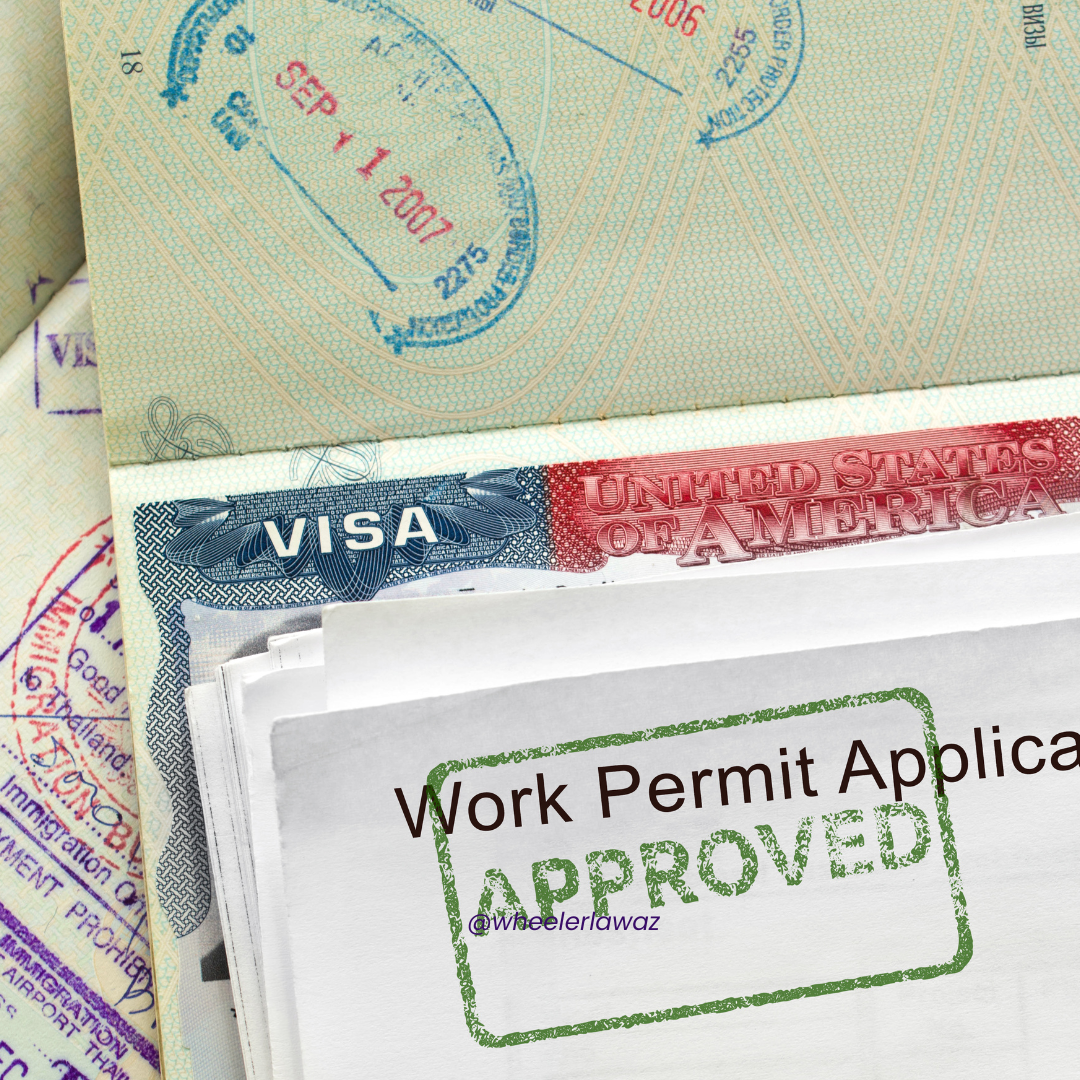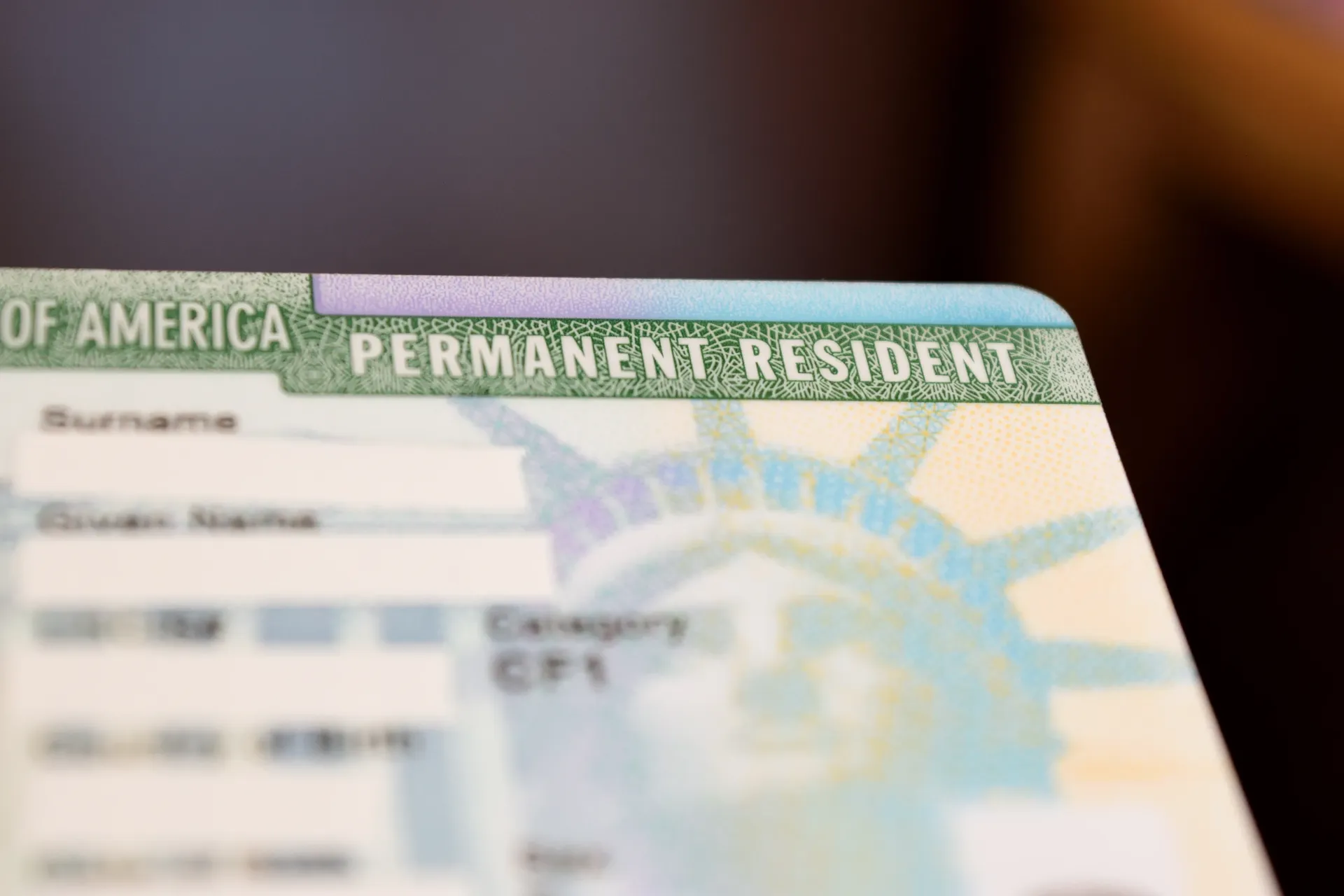The Importance of Ethics in the Work Permit Process
The Importance of Ethics in the Work Permit Process
Obtaining a work permit is a critical step for many immigrants seeking lawful employment in the United States. It’s a pathway to economic opportunity, stability, and integration into the community. However, the work permit process comes with responsibilities that demand adherence to ethical standards—not just from applicants, but also from employers, legal professionals, and anyone involved in the process.
What Does Ethics Mean in the Context of Work Permits?
Ethics in the work permit process refers to conducting all activities with honesty, transparency, and respect for the law. This includes providing accurate information, avoiding fraudulent activities, and ensuring that the rights and dignity of all parties are upheld.
A work permit is not just a piece of paper; it’s a legal authorization that allows individuals to work in the U.S. while their immigration case is pending or under specific visa categories. Misusing or misrepresenting information in the process undermines the integrity of the system and can lead to serious consequences, including fines, deportation, and loss of eligibility for future benefits.
Ethical Responsibilities for Applicants
- Provide Honest Information: Always ensure that the information you provide on your application is truthful and complete. Misrepresentation can result in denial of your application and jeopardize your immigration status.
- Understand Your Rights: You have the right to work in lawful, safe conditions once you obtain your work permit. Don’t hesitate to speak up if you’re subjected to exploitation or unfair practices.
- Avoid Unauthorized Work: Working without proper authorization, even temporarily, can have long-term implications for your immigration case. It’s important to follow the rules and wait for your work permit approval before starting employment.
Ethical Responsibilities for Employers
- Verify Documentation Properly: Employers are required to verify that an employee has valid authorization to work in the U.S. through the I-9 process. However, they must do so without discrimination or bias.
- Treat Employees Fairly: All employees, regardless of immigration status, are entitled to fair wages and a safe working environment. Ethical employers respect these rights.
- Avoid Exploitation: Employers must not take advantage of workers by threatening immigration-related consequences or withholding wages.
The Role of Legal Professionals
Immigration attorneys and consultants have a duty to guide clients ethically through the work permit process. This includes:
- Providing accurate legal advice.
- Preparing and submitting complete applications.
- Protecting clients from fraudulent services or scams.
The Consequences of Unethical Behavior
Unethical actions in the work permit process—such as falsifying documents, misrepresenting eligibility, or engaging in unauthorized work—can have severe repercussions. These include denial of the work permit, removal proceedings, or loss of credibility in future immigration cases.
Building Trust Through Ethics
Ethics are the foundation of a fair and trustworthy immigration system. By adhering to ethical principles, applicants, employers, and legal professionals contribute to a process that respects the rights and dignity of all involved.
At Wheeler Law, we’re committed to guiding you through the work permit process with integrity and professionalism. Our goal is to ensure that your application is handled correctly and ethically, giving you the best chance of success while upholding the values that strengthen our immigration system.
Wheeler Law is available to answer any other questions you may have, and/or help you take the next steps to your, or your loved ones, future. At Wheeler Law, we find creative solutions to break down the barriers holding you, or a loved one, back from obtaining legal status in the United States. Call us now to schedule a consultation: (602) 586-5625.
Follow us on
social media
for more immigration tips.








